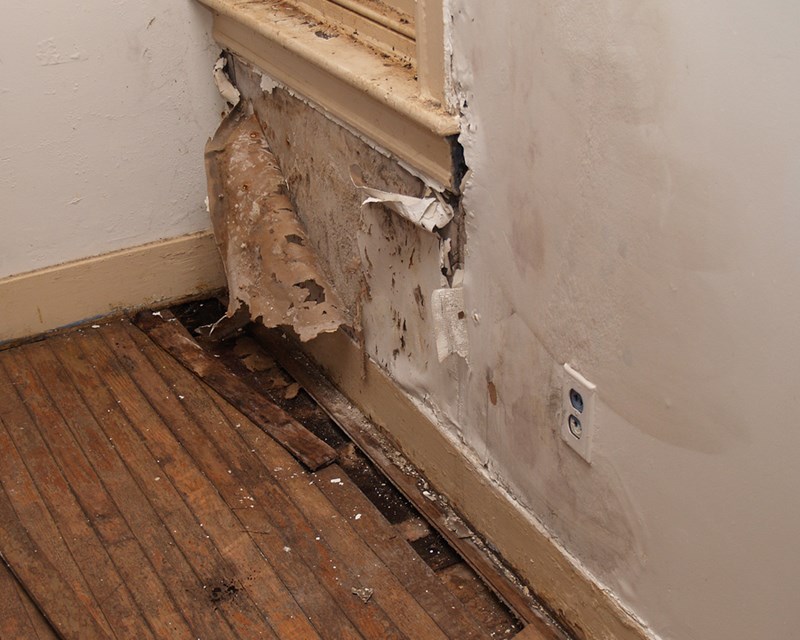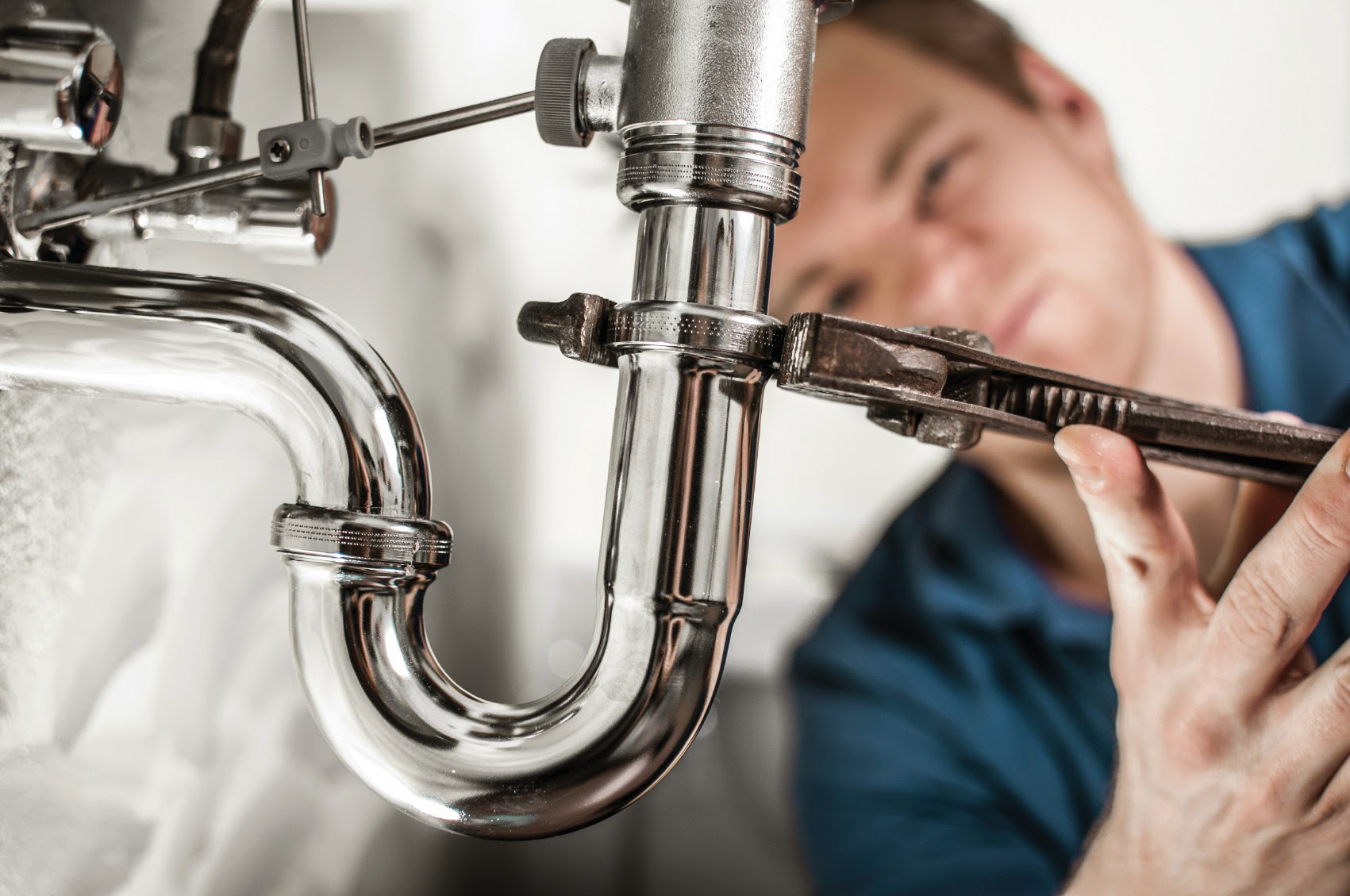The Top 5 Typical Sources of Water Leaks
The Top 5 Typical Sources of Water Leaks
Blog Article
Just how do you feel about How to Find and Prevent Water Leaks in Your Home?

"Be careful of little expenses. A tiny leakage will certainly sink a terrific ship." - Benjamin Franklin.
He could not have been more appropriate because water leakages in our houses result in a waste of resources, boosting our water expenses. This boost may seem negligible at first, it can lead to significant costs that can break your bank. Other than a boost in bills, water leaks additionally trigger undesirable organic growth, architectural damage, and also electrical risks.
If you have a water leakage isn't constantly simple due to being incapable to see most of the pipework in your house, figuring out. Nonetheless, If you have had a boost in your water bills recently, discovered water discolorations on walls and also ceilings, scented poor odor, etc. You might intend to consider requesting plumbing services to get it took a look at.
There are a number of sources of water leakages, as well as we have actually put together the common factors listed below. Examine to see if you have actually had relevant issues in your home recently.
Clogged drains pipes
Food bits, dirt, and also oil can create blocked drains and obstruct the passage of water in and out of your sink. If undealt with, enhanced stress within the rain gutters can create an overflow and also finish up breaking or breaking pipes. To prevent clogged up drains in your house, we encourage you to stay clear of putting particles down the tubes and also regular cleansing of sinks.
High water pressure
You saw your home water stress is greater than typical yet then, why should you care? It runs out your control.
It would certainly be best if you cared since your typical water pressure need to be 60 Psi (per square inch) as well as although your residence's plumbing system is created to endure 80 Psi. An increase in water stress can put a stress on your home pipes as well as bring about fractures, or worse, ruptured pipelines. Get in touch with a specialist about regulating it if you ever before notice that your house water stress is higher than common.
Corrosion
As your pipework ages, it gets weak and also more susceptible to rust after the constant flow of water via them, which can gnaw at pipelines and cause cracks. A noticeable indication of rust in your house plumbing system is discoloration and although this might be tough to detect as a result of most pipelines hidden away. Once they are old to make sure a sound plumbing system, we advise doing a regular checkup every couple of years as well as transform pipelines
Deteriorated pipeline joints
Pipeline joints are the parts of our plumbing system where the pipes connect. It is necessary to keep in mind that also though pipelines are designed to stand up to stress and last for a while, they weren't developed to last forever; for that reason, they would wear away over time. An usual sign of harmed pipe joints is too much noise from taps.
Damaged seals
Another source of water leaks in residences is broken seals of home devices that make use of water, e.g., a dish washer. When such appliances are installed, seals are installed around water connectors for easy flow of water through the equipment. Thus, a broken seal can trigger leak of water when being used.
With little or no understanding of plumbing, understanding your residence's plumbing system enough to repair a few of these concerns (without repercussion) can be a headache. Get in touch with plumbing experts in Pittsburgh, Providence, Rochester, and environ today, as well as they'll make those issues go away.
He could not have been much more best because water leakages in our homes result in a waste of sources, enhancing our water costs. If you have had a rise in your water expenses lately, observed water discolorations on walls and ceilings, smelt poor smell, and so on. A rise in water pressure can put a strain on your home pipes as well as lead to fractures, or worse, ruptured pipes. One more cause of water leakages in houses is damaged seals of house devices that use water, e.g., a dishwasher. When such devices are set up, seals are mounted around water adapters for simple passage of water via the device.
5 TIPS IN DETECTING A WATER LEAK IN YOUR HOUSE
Water leaks can be hard to find in your home, yet they can be so common. We rely on water every day in our home, which is why a leak can cause big problems. By detecting them early, you can save money and further damage, getting the problem fixed as soon as possible. Here are 5 tips to help you detect a water leak in your home, so you can contact a plumber straight away and get the issue sorted.
Check your water meter
Many people underestimate the value of the water meter in their home. It can be one of the best ways to tell if you have a leak early on, so you can get on top of it before issues start arising. Start by turning off all the water in your home: taps, washing machine, dishwasher, etc. Now take a look at the meter – if it’s still changing with everything turned off, it’s likely you have a fast-flowing leak that you need to get on top of straight away. If nothing changes, then leave your meter for an hour or two and come back to it. Did it change in this time? It’s likely you have a slower leak, which isn’t as urgent but still handy to get fixed so it doesn’t become a bigger problem.
Keep an eye on your bill
Another good way to detect a leak in your home is by keeping an eye on your water bill. It helps if you have a past bill from the same period of time. You can compare like for like and determine whether your water usage has increased significantly. If it has, there may be a leak in your system that you haven’t picked up before. A professional plumber can check through all of your pipes and determine where it is coming from.
Look for damage
If you have a leak inside your home, you will notice damage over time. Take a look at your showers and bathtubs and note whether any of the tiles surrounding the area seem to be discoloured or damaged in any way. There may be water stains, mould or peeling material that has resulted from a build up of moisture over time. Make sure you take a look under sinks at the back of cupboards that don’t get accessed regularly. This is where damage can go unnoticed and build up over periods of time.

Do you appreciate reading about Where to Find Water Leaks? Make a short review down below. We would be interested to listen to your opinions about this page. We are looking forward that you come back again in the near future. Sharing is caring. One never knows, you may very well be doing someone a favor. I am grateful for your time. Please stop by our blog back soon.
Trustworthy fix? Call. Report this page